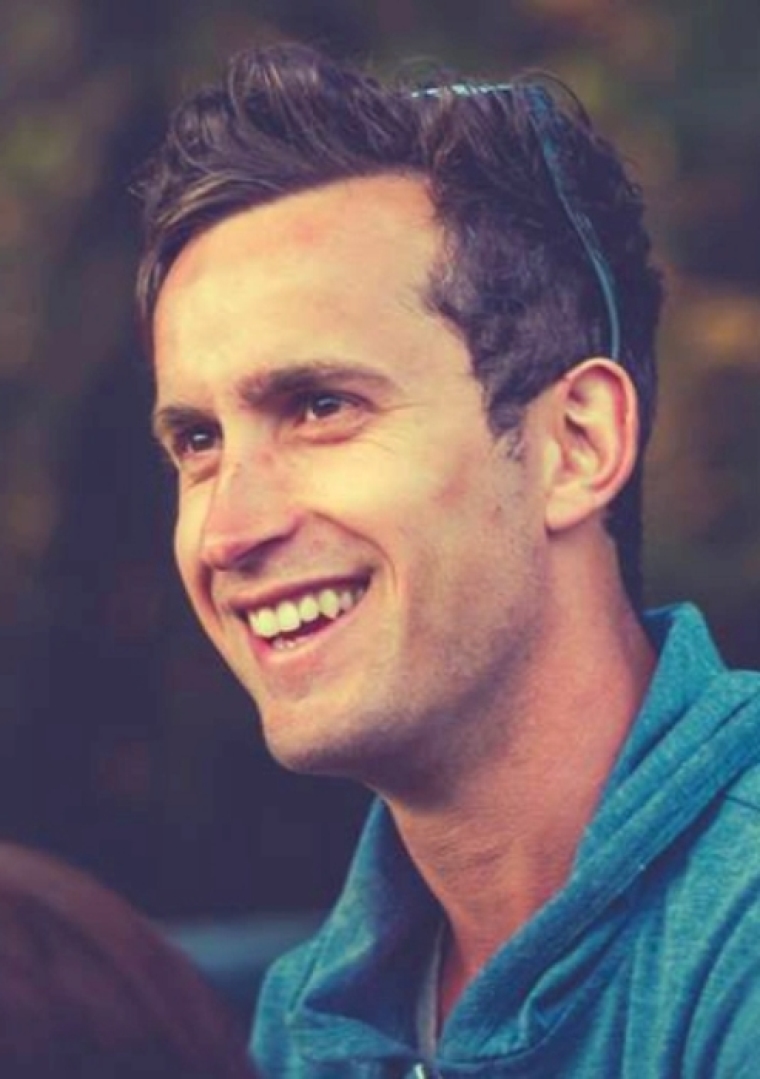

I had an argument with a taxi driver while on holiday in Bali recently. He dropped my wife and me to our hotel and, being so friendly, even helped us with our bags. I handed over the amount I owed him, flicking through the cash. I knew the amount was right because I had counted it out twice in the car.
He thanked me with a big smile and jumped in the taxi.
We started to check in at the hotel, when our driver walked into the foyer and said I had paid him $5 less. He was clearly after a few extra bucks—I knew the amount was right!
I refused to pay him and I became quite annoyed. I went into instant defence mode, mixed with a little rage and disappointment.
This guy had been super friendly, only to use that against us to try scam an extra $5! I said firmly, "No, I counted the money; I gave you the right amount!" He was adamant I'd miscounted; I accused him of stashing part of the money in his car.
The hotel concierge was looking a little amused—he'd seen it all before. After more stern words from me the taxi driver left and yelled out that I would receive bad karma for my actions.
Instant karma
All of a sudden our trip turned into a nightmare!
Just kidding, I was fine.
However, I started to realise I had probably overreacted in my tone and instant denial.
I began to wonder why I had reacted this way and become so annoyed. It didn't sit right with me. What was it that had gotten me so angry?
The things I hated most about the exchange were the driver's slyness and manipulation. He lied and tried to get away with it.
I was then instantly reminded of a time when at a self-checkout at a supermarket I had scanned two items but the computer only read it as one. When I realised later I contemplated owning up to the mistake. But I made a few sly excuses in my head and I left without owning up to my $2 scam.
Our shadows
Usually what we find most irritating in others is a reflection of the shadows lurking beneath the surface of our own self-conscious. Our shadows are our inner vices and the issues we try to hide from ourselves and others. Most of the time we're unaware of them—our egos keep our shadows hidden.
Our egos create a desperate need to hide what we know will be painful to uncover and we become good at hiding them. We also scapegoat other people instead of addressing our own issues.
A tell-tale sign of what our shadows are is when we project our own pain and frustrations onto others. As long as the problem is with them, our shadows remain hidden.
Greedy people spot greedy people.
Ambitious people are most threatened by other ambitious people.
Why religion makes things worse
Blaise Pascal said, "People never do evil so completely and so cheerfully as when they do it with a religious conviction."
I'm not saying religion makes everything worse but, in this case, it can be a real trap, acting as a disguise to cover our deeper inner issues.
Have you ever heard of a sexual scandal in church leadership? Sadly, it's no surprise when we hear of religious leaders having affairs or being involved in fraud. It seems the religious culture sometimes shifts the focus off our own inner demons.
A guy called Graham Capill was a leader of the New Zealand Christian Heritage Party in the late 1990s. He was in Parliament representing his party, which upheld solid Christian family values. Yet, in 2005 he was convicted of sex crimes against a girl under 12.
The Conservative Party in New Zealand's latest election had similar values, and almost made it to Parliament, but it was derailed at the 11th hour by a sexual harassment scandal involving its leader.
I don't say these things to drag anyone through the mud but it's so interesting that the things we rally against with such vigour are sometimes an easy way to avoid admitting we struggle with it too.
Imagine having a boss, or church leader, who confessed their struggles and doubt, being transparent and not pretending to have all the answers. That would be revolutionary.
Shadowboxing
We need to admit that no one else is our problem—we're our own problem—in order to reveal our shadows.
Our shadows are there to teach us who we really are and we need to deal with them by bringing them to light. Exposure won't necessarily kill our shadows but will let us spar with them. In turn our egos lose their control; we no longer have to hide behind any disguise.
Richard Rohr says, "One of the great surprises on the human journey is that we come to full consciousness precisely by shadowboxing, facing our own contradictions, and making friends with our own mistakes and failings."
DNA
By being aware of my reactions to other's faults, I'm beginning to see it's more like a mirror reflecting my own hidden shadows. Maybe this is why so many kids resent their parents, or why siblings can fight so bitterly; we see our own failings in our own DNA.

So as I come to grips with my own slyness and my own tendencies to lie, cheat and steal I begin to battle my shadows—and there are many more too! It's a tough gig shining light on my hidden vices but it's far more frightening to notice how easily we all secretly try to avoid revealing those shadows.
Brad Mills enjoys the outdoors and almost any sport... For a day job he's a journalist/builder/video editor and lives in Auckland New Zealand.
Brad Mill's previous articles may be viewed at www.pressserviceinternational.org/brad-mills.html